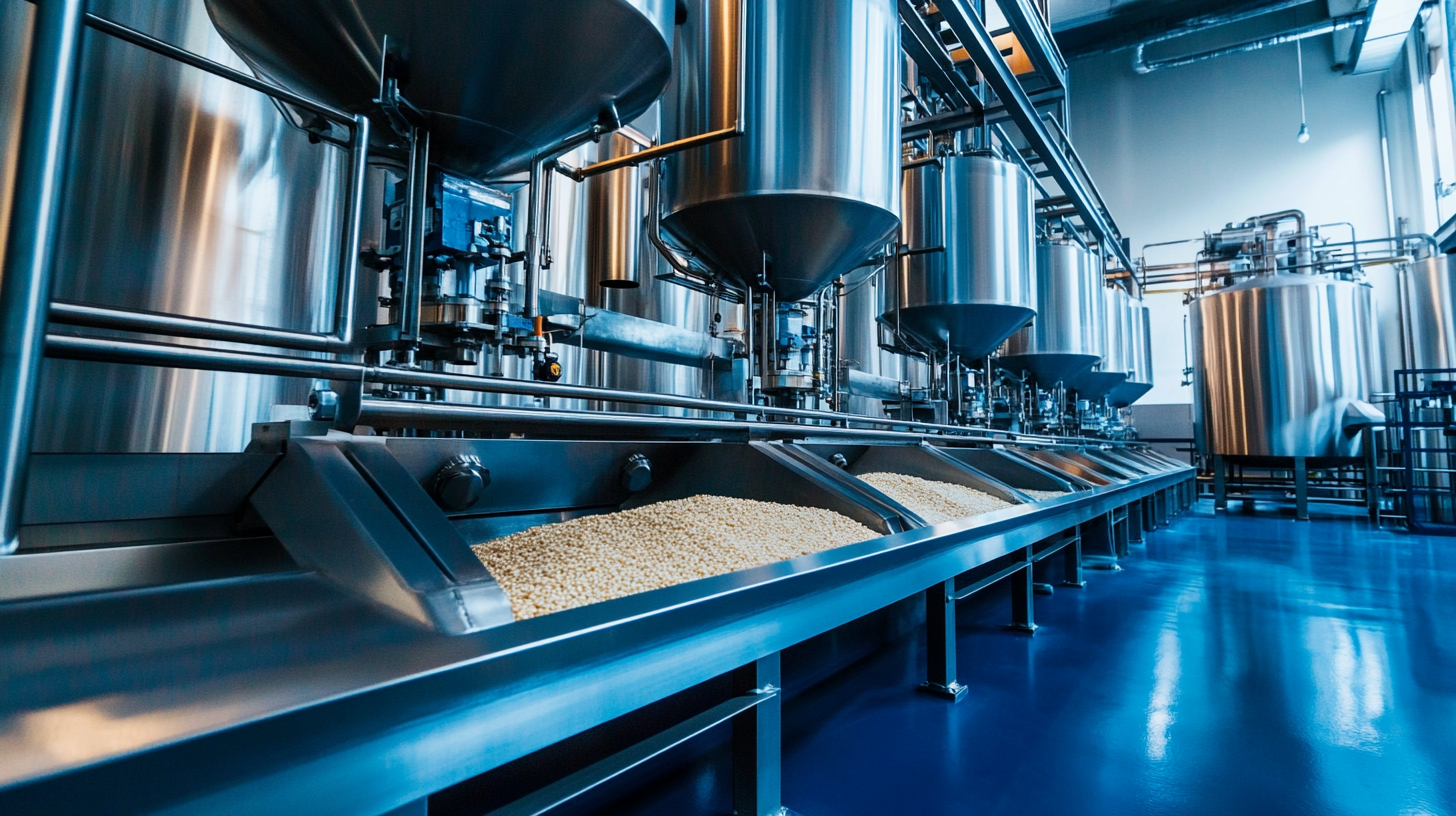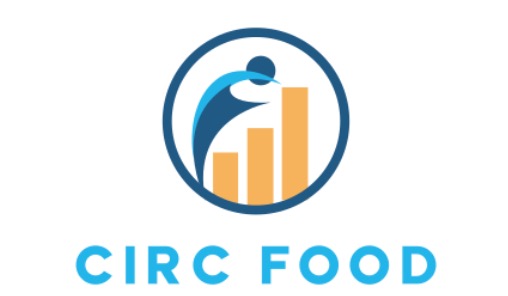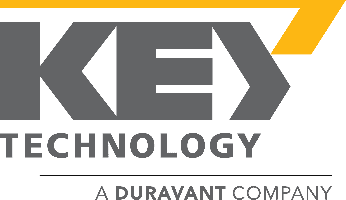How to Identify Top Suppliers for Best Food Processing Industry Equipment Globally
In today's rapidly evolving marketplace, identifying top suppliers for Food Processing Industry Equipment is paramount for businesses aiming to enhance efficiency and maintain competitive advantage. According to a recent report by Grand View Research, the global food processing equipment market is expected to reach USD 98.2 billion by 2025, driven by an increasing demand for processed and packaged foods. As food safety and quality standards become stricter, the need for reliable and innovative equipment has never been greater. Furthermore, a survey by Food Processing Magazine reveals that over 60% of manufacturers prioritize supplier reliability and technological advancements when selecting equipment partners. By focusing on these critical factors, businesses can ensure they are well-equipped to meet industry demands and achieve operational excellence.
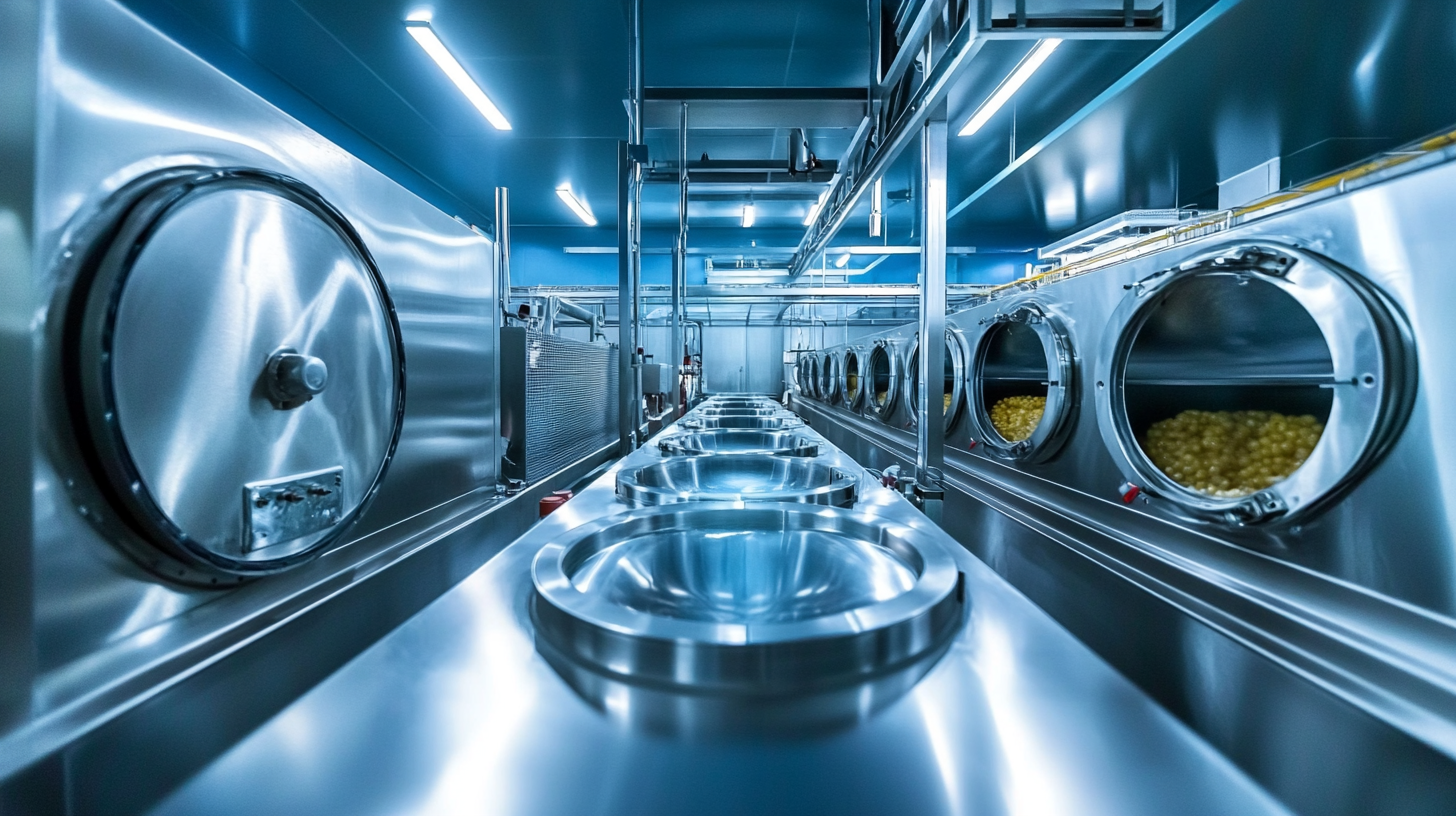
Understanding the Global Food Processing Equipment Market Landscape
The global food processing equipment market is witnessing substantial growth, fueled by increasing consumer demand for ready-to-eat products and the continuous evolution of food technologies. In 2021, the market was valued at approximately $130.6 billion and is projected to reach around $175.1 billion by 2028. This indicates a robust expansion trajectory, confirming the sector's vital role within the global food industry framework.
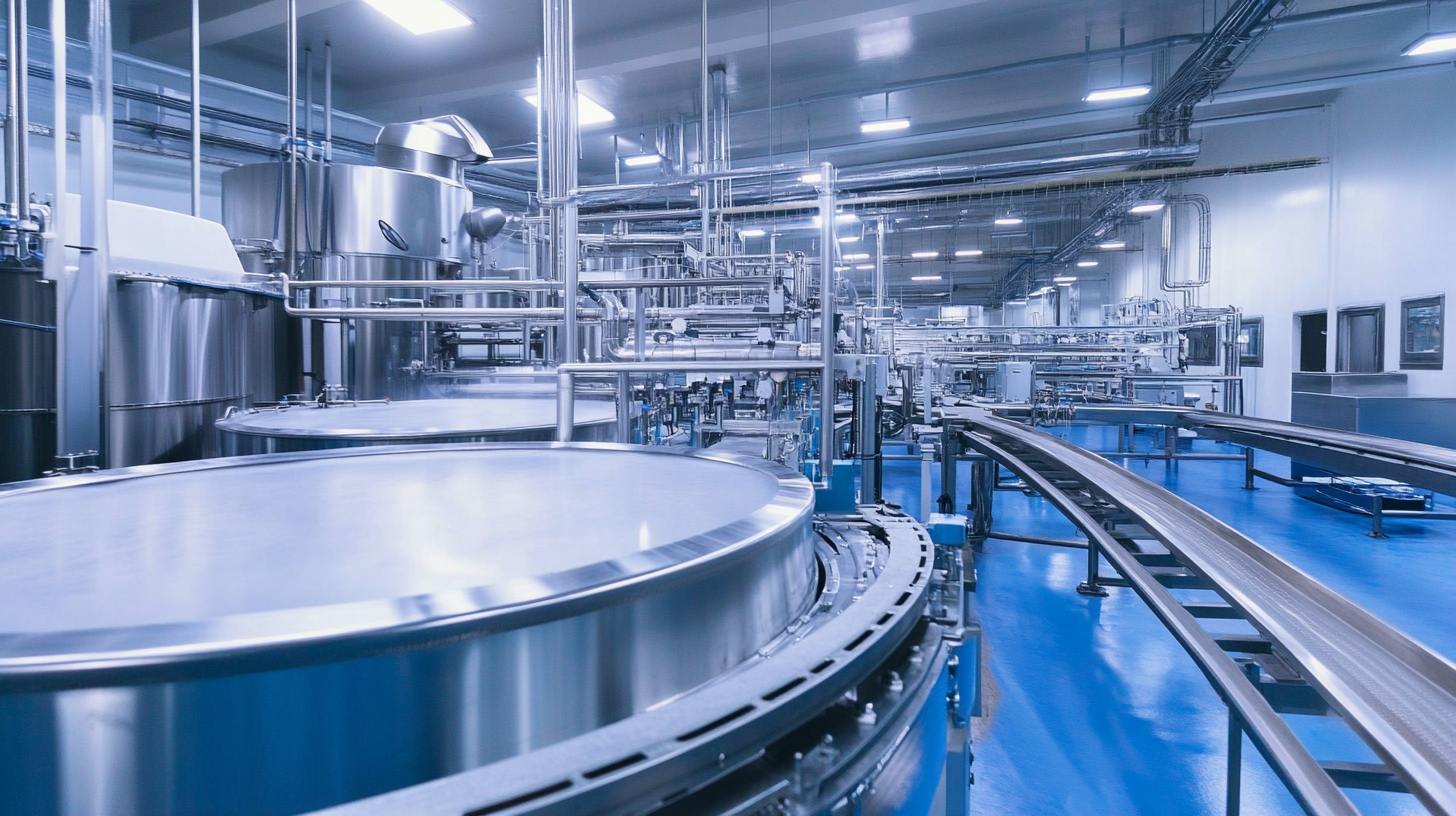
A report from Verified Market Research details an anticipated compound annual growth rate (CAGR) of 5.85% from 2024 to 2031. This growth can be attributed to technological advancements, the increasing proliferation of processing methods, and an influx of innovative equipment designed for efficiency and sustainability. Notably, Transparency Market Research forecasts the food processing equipment market to reach an impressive $80 billion by 2027, highlighting significant investment opportunities for suppliers and manufacturers alike. As the market landscape evolves, identifying top suppliers becomes paramount for companies seeking to enhance their operational capabilities and product offerings.
Key Factors to Evaluate When Selecting Top Suppliers worldwide
When selecting top suppliers for food processing equipment globally, there are several key factors to evaluate. First and foremost, you should assess the supplier's experience and reputation in the industry. Suppliers with a proven track record in delivering quality equipment and maintaining strong relationships with clients often demonstrate reliability and innovation. Next, it's essential to consider the range of products offered. A supplier that provides a diverse array of equipment can better meet the varying needs of your business, ensuring you have access to the latest technology and solutions.
Another critical factor is the supplier's flexibility and adaptability in response to market demands and challenges. In today's rapidly changing global supply chain landscape, the ability to pivot and provide solutions that enhance resilience is invaluable. Furthermore, evaluating the supplier's commitment to sustainability and corporate social responsibility can be a determining factor in choosing a partner that aligns with your company's values and long-term goals. Move beyond just cost analysis; consider how suppliers can contribute to improved efficiency, innovation, and sustainability in your operations.
Top Factors for Evaluating Food Processing Equipment Suppliers
The Role of Innovation and Technology in Supplier Selection
In today’s fast-evolving food processing industry, the selection of suppliers goes beyond just price and availability; innovation and technology play a crucial role. Innovative suppliers are not only capable of providing state-of-the-art equipment but can also offer solutions that enhance operational efficiency and product quality. When assessing potential suppliers, consider their investment in research and development, as well as their track record in implementing cutting-edge technologies.
Additionally, assess how well suppliers can adapt to changing market demands. The ability to scale operations or modify equipment to suit new production techniques is invaluable. This adaptability is often a sign of a supplier's commitment to innovation and a better fit for your long-term needs.
Assessing Supplier Reliability and Quality Assurance Practices
When it comes to sourcing equipment for the food processing industry, assessing supplier reliability is crucial for ensuring the smooth operation of your production lines. Reliability can be determined by evaluating a supplier's track record in fulfilling orders on time and maintaining consistent quality standards. Look for suppliers with strong customer references and proven experience in the food sector. Established suppliers often provide performance metrics and case studies that can help you gauge their reliability. Additionally, consider their financial stability, as a solid financial background can indicate a supplier's ability to invest in quality improvements and manage supply chain disruptions effectively.
Quality assurance practices are another vital aspect when selecting the top suppliers. A supplier's commitment to quality can be assessed through certifications such as ISO 9001 or specific food safety certifications like HACCP. Regular audits and transparency in their quality control processes show that a supplier is serious about adhering to high standards. Engage with suppliers directly, asking them about their quality assurance protocols, including testing methodologies and compliance with regulatory requirements. This proactive approach will help ensure that you partner with suppliers who prioritize quality and are dedicated to providing the best equipment for the food processing industry.
How to Identify Top Suppliers for Best Food Processing Industry Equipment Globally - Assessing Supplier Reliability and Quality Assurance Practices
| Supplier Region | Equipment Type | Quality Assurance Certification | Average Lead Time (Days) | Reliability Rating (1-5) |
|---|---|---|---|---|
| North America | Mixers | ISO 9001 | 30 | 5 |
| Europe | Packaging Machines | HACCP | 45 | 4 |
| Asia | Fryers | ISO 22000 | 25 | 5 |
| South America | Cookers | FSSC 22000 | 40 | 4 |
| Africa | Palletizers | BRCGS | 35 | 3 |
Building Long-Term Partnerships with Top Equipment Suppliers
Building long-term partnerships with top equipment suppliers in the food processing industry is crucial for consistent quality and innovation. A successful partnership goes beyond mere transactions; it involves establishing trust, communication, and shared goals. When you select suppliers, consider their track record, technical expertise, and ability to meet your specific needs. A supplier who understands the nuances of your processing requirements and regulations will add value beyond just selling equipment.
In addition to evaluating the technical aspects, fostering a collaborative relationship can lead to mutual growth. Regular communication helps in addressing challenges promptly and adapting to changes in technology or market trends. Joint ventures or research projects can further deepen the relationship, allowing both parties to leverage their strengths for improved efficiency and enhanced product offerings. By investing time and resources into these partnerships, you not only secure reliable equipment but also gain a strategic ally in navigating the complexities of the food processing landscape.
